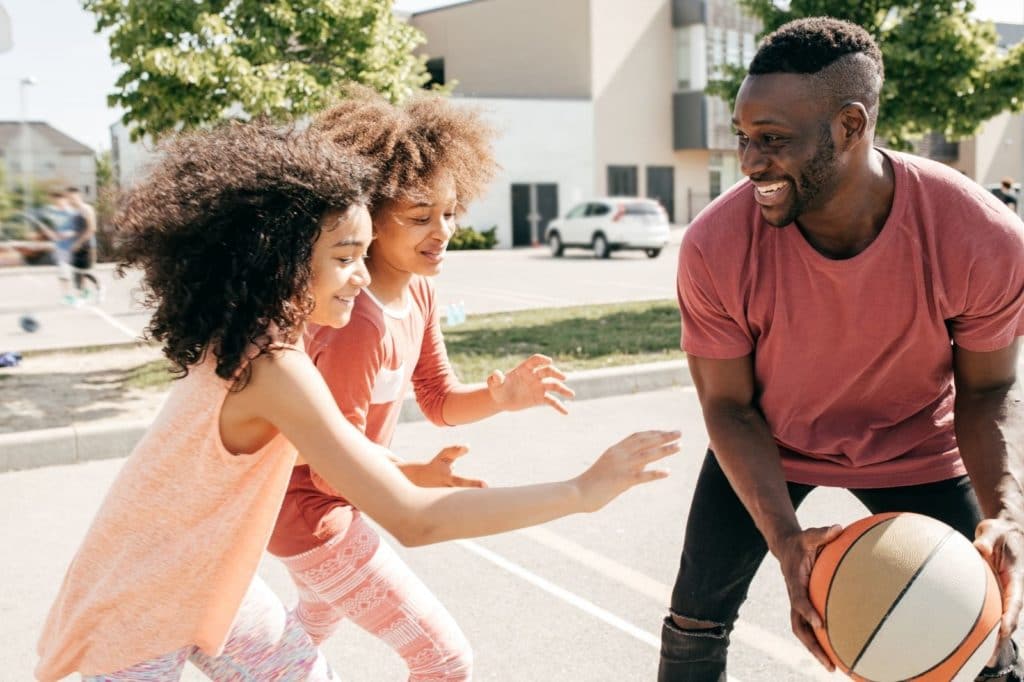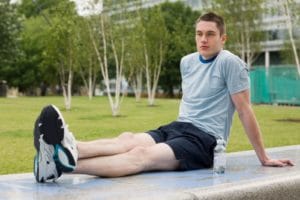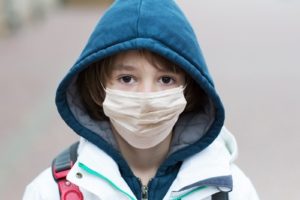Have you ever found yourself exercising and then feeling better both physically and emotionally? Running, working out and participating in sports have always been important aspects of my own well-being and I often see how physical activity can help adults, teens and children feel better about themselves.
While it is widely known that exercise brings good health results, such as lowering blood pressure or building muscle tone for an overall healthier body, the emotional and psychological benefits are important as well. But why is physical exercise important to our emotional well being? What specifically is it about physical exercise that seems to make all age groups feel better?
Getting the right amount of exercise can raise your energy level and seems to stimulate people to experience a natural high. Some runners will report feeling a sense of being ‘in a zone,’ described as experiencing a lack of pain and feeling a release of tension.
These effects are likely due to the brain releasing chemicals (serotonin, dopamine and endorphins) that impact our mood. These natural chemicals have shown to help relieve feelings of anxiety, depression and stress.
Some studies showed exercise promotes feelings of happiness and peacefulness. Researchers have even found that using regular exercise in combination with psychotherapy and medication produces the largest effects of improvement for people with depression.
On the main campus of Clarity Child Guidance Center you will see ropes courses, a swimming pool, basketball court and regularly scheduled recreational activities that are an important part of children and teens’ treatment here. When kids and teens are playing and engaging in activities we see more smiles, laughter and socializing.
Many of these children have been very depressed, isolated and withdrawn from social activities at school and at home. But you do not have to suffer from depression to get these benefits.
Exercise appears to have a preventative effect when encountering stressors and emotional issues. Children and teens that exercise also tend to feel better and more confident, which in turn can help them engage socially with others.
Some studies have shown that participation in exercise and sports can help reduce teen delinquent behavior and boost academic performance.
What can parents do to help their kids? Parents can be positive role models for promoting an active lifestyle and provide children with opportunities for increased physical activity. Physical activity should be fun and can provide children and teens a real sense of accomplishment and pride in having achieved a goal.
Engaging in activities as a family helps with bonding and strengthens parents’ relationship with their child.
For healing young minds and hearts,
Poul Poulsen










